Have a Heart

Register as an Organ Donor
Your donation could save a life like Texarkana resident Madeline Piña’s.
Most people know there is a need for organ and tissue donors. Still, they need to understand how urgent this need is. According to midamericatransplant.org, 95% of Americans support organ donation, but only about 60% are registered to donate.
February is American Heart Month, and one Texarkana family understands why a heart is a valuable gift. To the Piña family, every day is another day they wait for the call that a heart is available for eight-year-old Madeline. She is one of 1,900 children on the national transplant waiting list. For Madeline, someone’s decision to donate an organ can save her life.
Madeline Piña looks like any other eight year old. She is a dark haired beauty who loves pink and playing with dolls and toys. This shy first-grader is an artist and actress who loves to cut, color, and glue. What makes Madeline different is that she has hypoplastic left heart syndrome. The left side of her heart did not form correctly, so she does not have normal blood flow, and her heart cannot pump oxygen-rich blood to the body properly.
When Madeline was born prematurely, doctors understood she had severe health problems. From birth, Madeline underwent extensive testing. Finally, an echocardiogram, a scan of the heart, and nearby blood vessels provided her diagnosis.
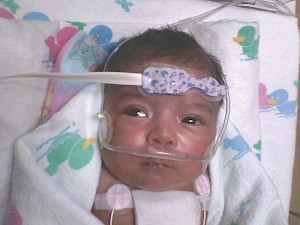
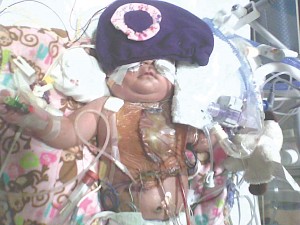
Madeline, just under one month old, underwent the Norwood surgery on January 19, 2015 at Medical City Children’s Hospital in Dallas, Texas.
Madeline underwent her first heart surgery, the Norwood surgery, when she was 25 days old. During this surgery, doctors rebuilt Madeline’s aorta, giving her better blood flow and more oxygen. After the surgery, Madeline was discharged but only stayed home for one week due to developing rhinovirus.
At nine months old, Madeline had her second heart surgery, the Glenn procedure. According to kidshealth.org, during the Glenn procedure, the surgeon disconnects the superior vena cava from the heart and connects it to the pulmonary artery. This procedure allows the blood from the pulmonary artery to work more efficiently to take the blood to the lungs. The surgeon also removed the shunt from the Norwood surgery.
On September 7, 2021, her doctor put Madeline on the transplant waiting list because a transplant is the only thing that will prolong her life. Since being placed on the transplant list, Madeline has undergone extensive medical testing to see if she can physically withstand the heart transplant. She has also gone through psychological testing and counseling to help her better understand the effects of this procedure. Her family has also undergone extensive education and counseling to help them navigate the transplant process.
Madeline and her family are on call 24 hours a day as she waits for a compatible donor with a similar body size and matching blood type. She is one of about 470 children in the United States who are waiting for a heart donor. When the national database identifies the optimal donor, Madeline immediately goes to Children’s Hospital in Dallas for a lifesaving transplant. This transplant surgery will take up to six hours and require an average three-week hospital stay. Her family prays daily that this call comes soon.
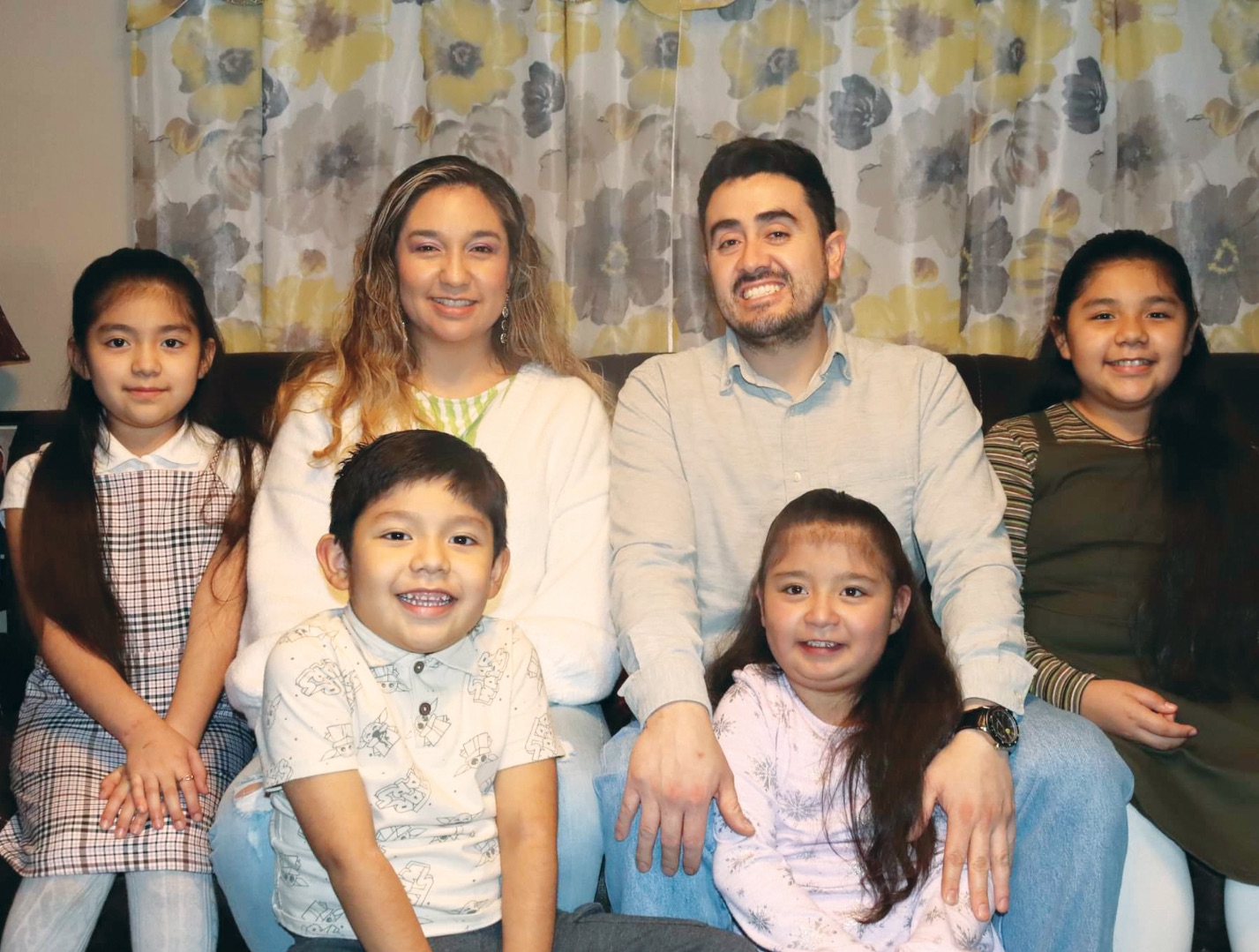
After she receives her heart, Madeline will be on various medications throughout her life. Doctors have told the Piñas that the average heart transplant lasts about 15 years. After that time, Madeline may have to go back on the transplant list. Madeline only gets about 80% oxygen now, so a heart transplant will significantly improve her life.
“Doctors will continue to monitor Madeline for a year after her surgery,” said mom, Maria Piña. “They will watch for any signs of rejection.”
As they wait for the transplant call, Madeline’s parents, Maria and Fernando, spend countless hours traveling to appointments with Madeline. They travel to Dallas Children’s Hospital at least once a month.
Maria and Fernando strive to make Madeline’s journey a family process. They include Jazlyn (10), Melanie (9), and Leonardo (5) in discussions about Madeline’s treatments. They meet as a family before each trip to Dallas to discuss what will happen.
“We talk to the kids and explain the procedures each time we go for any length of time. It is truly a family process,” Maria said.
Maria and Fernando often travel together for day trips to Dallas. Maria also stays with Madeline when they have to spend more extended periods at the hospital. During those times, Fernando travels back and forth to help make life at home for the other three children more normal. For Madeline, these trips are made easier with her stuffed animals and the little toys she takes to help her stay calm.
The Piñas also are blessed to have the support of family members and close friends to help ease the burden and stress of the time they have to spend away from Madeline’s siblings.
“When it comes to situations like this, our family members always take care of Madeline’s siblings and make sure we are doing okay while we’re away. They are always in touch, just like our friends and St. Edward’s Church members praying for us,” said Maria.
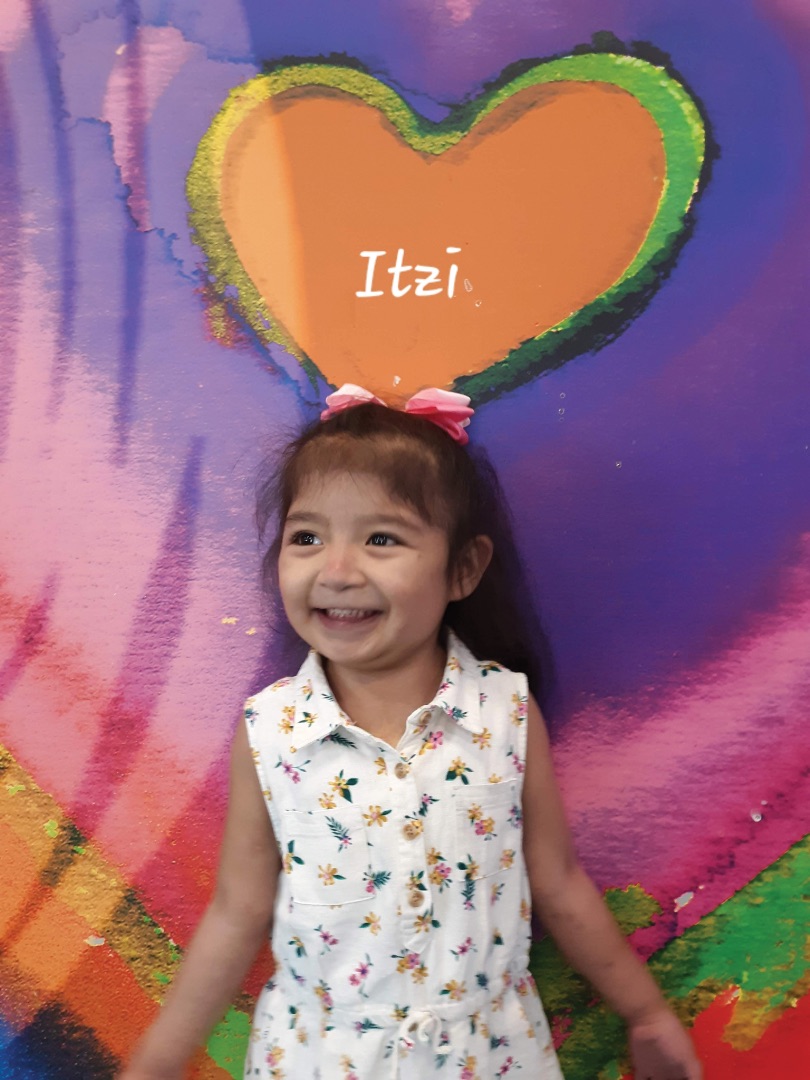
Madeline attends Nash Elementary School through Texarkana ISD’s homebound education program. She is in first grade through this program. Because of her health concerns, she cannot attend classes and interact with her peers daily.
Madeline is also active in Sunday School at St. Edward’s Catholic Church. Madeline’s church group is small, so this allows her to interact with other children her own age. Some of her church friends, cousins, and siblings call her “Itzy.” They also like to inquire about her health, especially the G (Gastronomy) tube feeding her.
“Madeline’s friends ask me what the “button” is near her stomach,” said Maria. “I explain that is where she gets her food.”
The Piña family encourages those around them to take care of their health.
“People don’t always exhibit outward signs of a disability, so it is essential that when we are out in public that we take into consideration the health needs of others,” Maria said. She added, “Some look totally normal, like Madeline, but still are very fragile.”
According to UNOS (United Network for Organ Sharing), one organ donor can save up to eight lives. As of January 4, 2023, 115,277 candidates are waiting for donated organs. The Organ Procurement and Transplantation Network (OPTN) is a secure database of all the national data on the candidate waiting list, organ donation, matching, and transplantation. Along with UNOS, this database is critical in helping doctors match patients with organs.
Becoming a registered organ donor is easy. It takes less than a minute to register to save someone’s life. To register in Texas, as in most states, a person can sign up when receiving or renewing a driver’s license. Texans can also register at www.donatelifetexas.org. The process is the same in Arkansas. Arkansans can register at www.donatelifearkansas.org. Online registration puts a person’s donor information in the state and national organ donation databases.
These databases are vital because another name is added to the national organ transplant waiting list every nine minutes. It is also crucial that parents make this hard decision when thinking about their minor children. Parents or legal guardians control organ donations for children under 18 in most states, including Texas and Arkansas. Losing a child is devastating, but giving the gift of organ donation can save more than one child’s life.
If you are not a registered donor, consider signing up the next time you sit at your computer or renew your driver’s license. You could be the person who helps one or more of those candidates on the donor list. Also, if you have not thought about the choice you would make if you had to decide to donate your child’s organs—have that discussion with your family. That discussion and decision might save a life like Madeline Piña’s someday.
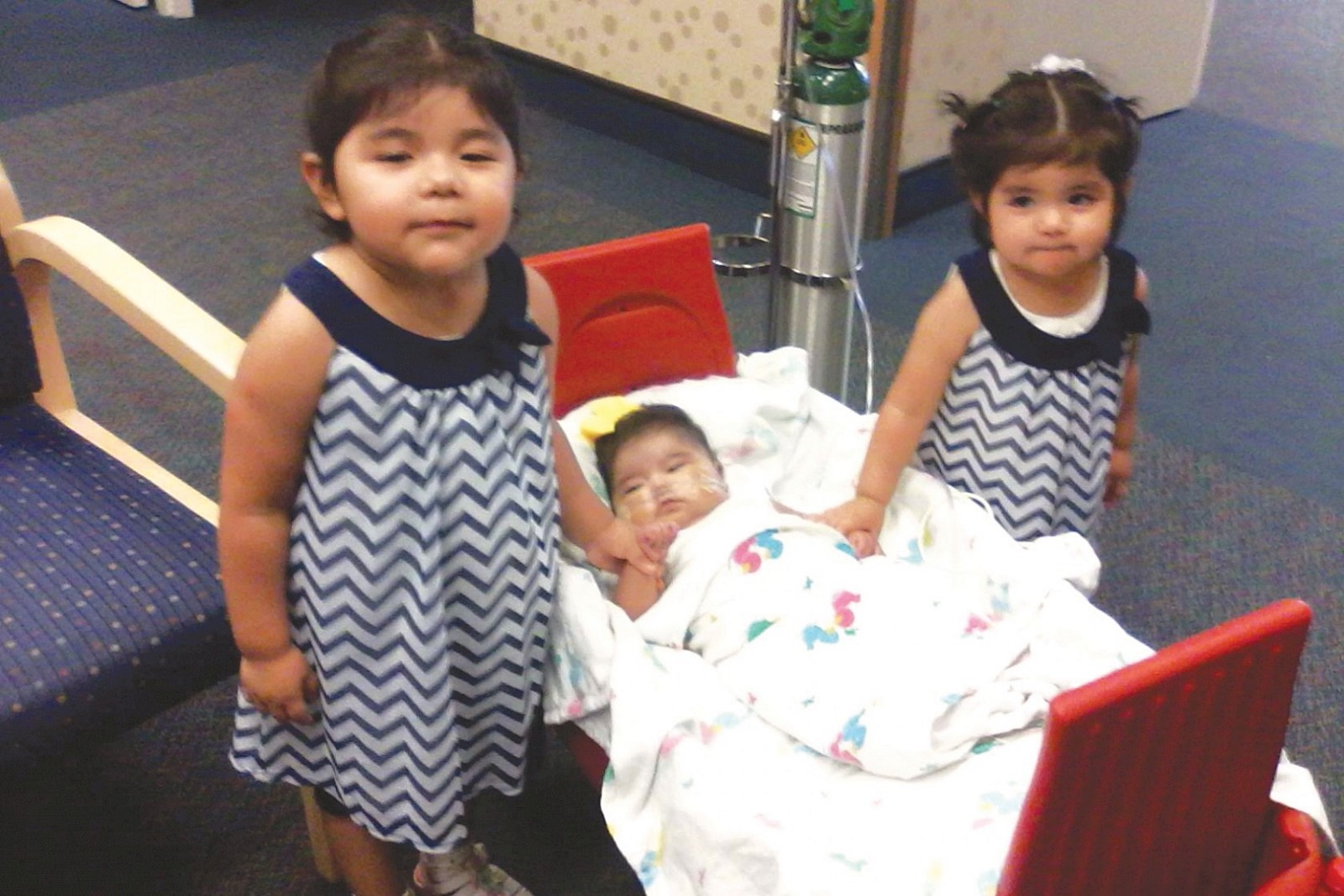
Click here to learn more about how to sign up for organ donation.

